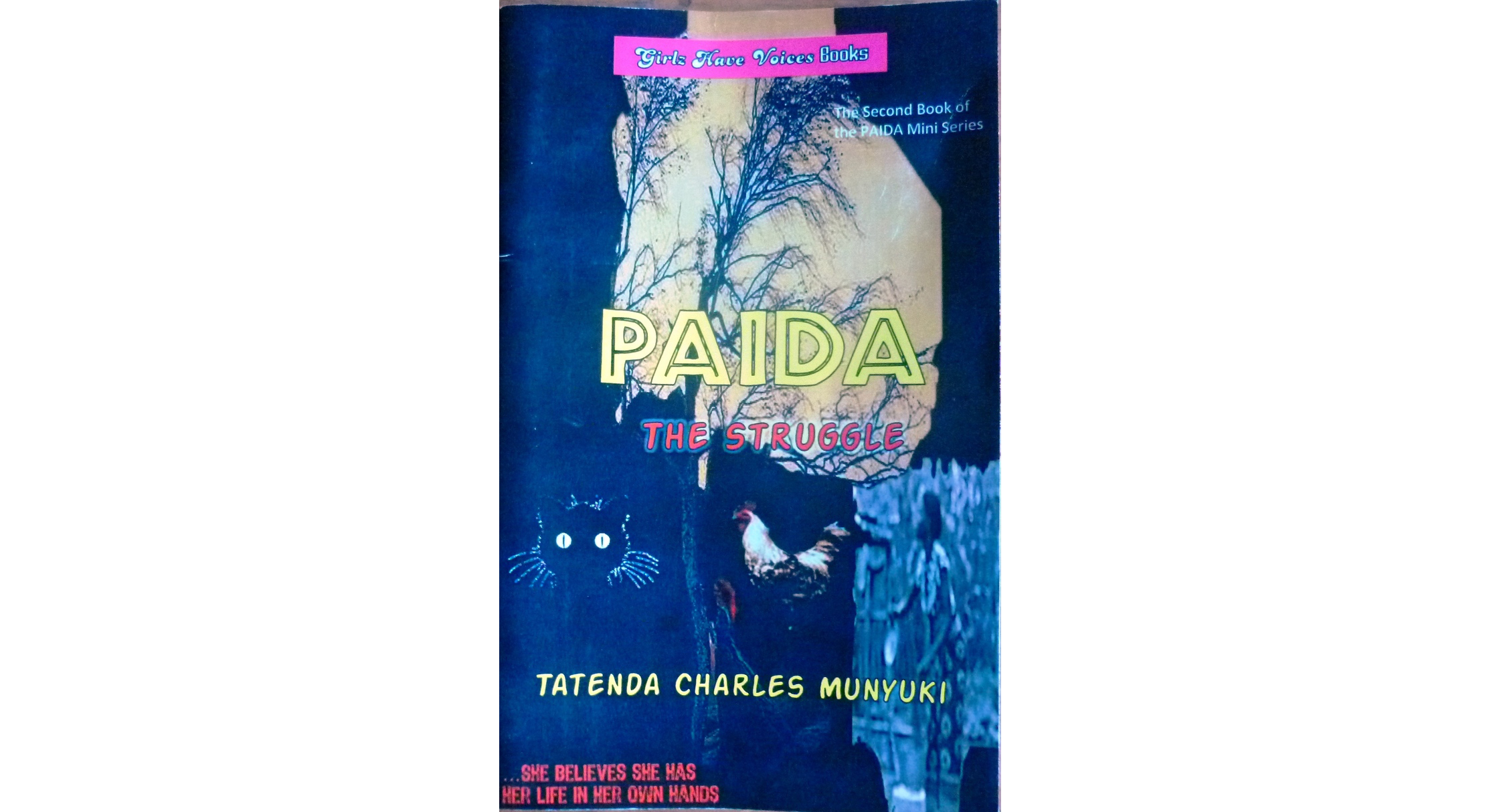Writer explores abuse of girl child


Beaven Tapureta Bookshelf —
New writer Tatenda Charles Munyuki has resuscitated interest in the theme of girl child abuse and neglect, a theme that seem to have long been forgotten since the death of writer Stephen Alumenda who tackled it mostly.
Although there are certain novels that have subtly dealt with the difficulties which victimized girl children go through, their handling of the theme have mainly leaned on the general empowerment of adult women in today’s society.
In some of his books for children such as “Tambudzai Anoona Nyoka Huru” (1999), “Marita Goes to School” and others, the late children’s literature writer Stephen Alumenda exposed challenges faced by girl children.
Since his death, a few writers have seriously given attention to the plight of girl children except some who have come up with non-fictional books of advice for the girls. Munyuki has so far shown his passion for this neglected but important theme which has rocked the whole of Africa and beyond. Sometime last year, he told this column Bookshelf that his books appeal to youths, mainly female because he desires to see more aid being channelled towards disadvantaged girls. Unlike Alumenda who wrote mainly children’s stories, Munyuki is interested in teenage literature with particular focus on girls.
In his latest two-book series Girls Have Voices, Munyuki uncovers the sad experiences of a girl named Paida Chirere.
You may wonder who this Chirere is! While there is Memory Chirere the writer whom we know very well, perhaps whom Munyuki also knows very well, it remains a question of how far coincidence in literature should go. The Chireres in Munyuki booklets are a different, fictional family who live in Murehwa. Mai Chirere, who is the abuser and witch, is one of Baba Chirere’s wives, a stepmother to the main character Paida.
The first booklet “Paida: The Village Girl” traces the life of Paida from her primary to secondary education and the hardest context at home in which she finds herself in. The second booklet “Paida: The Struggle” shows how Paida triumphs over her tense difficulties when she passes her Ordinary Level and suddenly she is privileged to inherit some wealth from her now late parents. Male and female adults equally have a say in child victimization. In Munyuki’s story about Paida, it is more than abuse. It is pure hate and jealous which drives the main nemesis Mai Chirere to such extremes as to deny her step-daughter Paida certain privileges. Paida has to rely on her loving step-sister Maka to get school fees and the education she gets is the major help that motivates her onward despite Mai Chirere’s attempts to barricade her dreams.
In a number of local works of literature, it looks as though abusers are conscious of their actions but it is a mystery why they abuse. For instance, in the autobiographical “The Fire I Know” (2016) by Joshua John Chirambwe, there is a grandmother who badly treats the boy (narrator) but on the outside she puts on the character of a caring person. When one day the boy is beaten up by Munodawafa, grandmother fumes and screams at Munodawafa, “I don’t want to see anyone beating this child. I must do so myself not you!”
In Munyuki’s booklets, Mai Chirere wants the acknowledgement to come to her whenever Paida does something good that attracts praise from the whole village. And some are convinced Mai Chirere is such a kind woman, one of the rare mothers who love and take care of children from another wife. Yet far from the eyes of other villagers, she shamelessly treats Paida like a slave. In fact, she is craving for Paida’s complete “undoing”. However, Paida is a steadfast character. She withstands the burdensome chores, the insults, and the hate from her step-mother Mai Chirere. She fights a rapist when one day she is left alone at home.
Thirty-one-year old Munyuki is the author of the longest novel to perhaps ever come out of Zimbabwe titled “The Chosen Ones” (2013) which has 694 pages. His children’s story “The Mysteries of the Waterfalls Thief” was nominated for the Outstanding Children’s Book NAMA Award last year. He self-publishes through his interlinked publishing firms Pen Featherz Media, Harp Bookz International and Darling Kind Publishing.








Comments